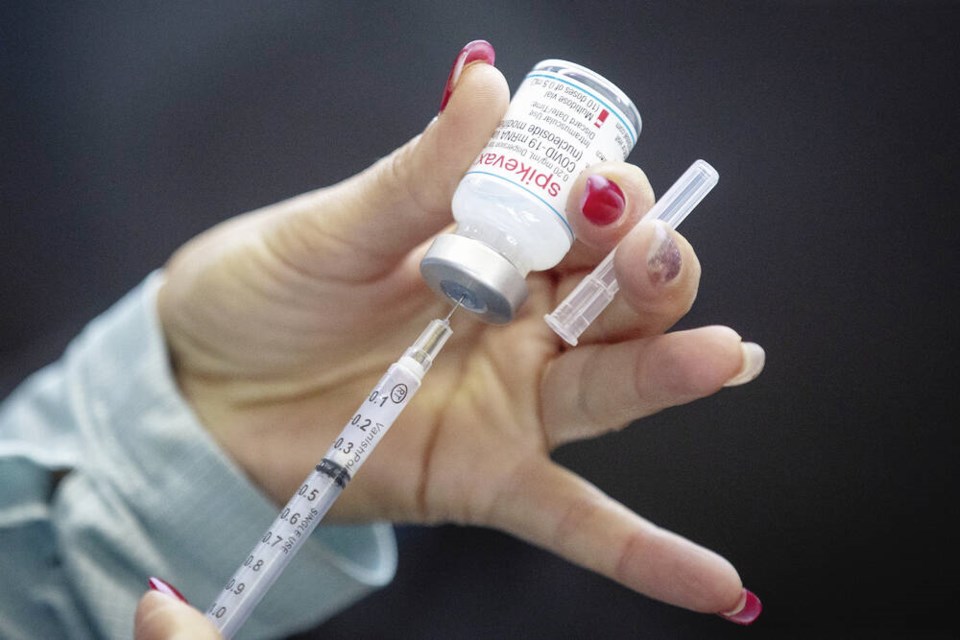Several childhood diseases long believed defeated are making a return. In Alberta, an outbreak of whooping cough has swept the province.
A decade-high 831 cases were reported last year, and more are still being confirmed.
Measles has made a come-back in Europe, with 58,000 cases reported last year. The first case in years has been recorded in B.C.
As well the first case of polio in the U.S. for decades was reported in 2022.
All three of these diseases had been brought close to extinction in the western hemisphere, hugely reducing child mortality rates. But all are highly contagious, measles and whooping cough in particular.
The problem in each case is growing public resistance to vaccination. According to a recent Angus Reid poll, close to 20 per cent of Canadian parents now say they are opposed to mandatory childhood vaccination, a four-fold increase since 2019.
And a stunning 45 per cent of Canadians now oppose mandatory vaccination in schools, a measure required in Ontario and New Brunswick. That’s up from 30 per cent four years ago.
The underlying factor is a growing disbelief in the science surrounding vaccination.
Three in 10 Canadians are now skeptical about the effectiveness or safety of vaccination, and that grows to around half the male population between the ages of 35 and 54.
And while women are somewhat less troubled, nevertheless one in five are either outright opposed, or worried at the risks they believe are involved.
It might seem this trend parts company with common sense or even personal survival. Vaccination is one of the medical success stories of the modern era. Worldwide, tens of millions are saved every year by this procedure.
Before it became widely available early last century, childhood diseases took a terrible toll.
In 1900, one in five Canadian children died before their first birthday. Today only five children in a thousand die at that age.
And several diseases, smallpox among them, have been eradicated entirely by a co-ordinated campaign of vaccination.
Perhaps some of the skepticism is due to the fact that few if any of us grew up in that earlier age when children were dying in their thousands. It appears that vaccination has fallen victim to its own success.
Even so, it’s important to understand why such opposition came about. And in that respect, it must be faced that growing anti-vaccine sentiments coincided with the emergence of the COVID epidemic.
Might it be that some of the measures adopted to combat the outbreak, with hindsight, felt heavy-handed. A number of worksites, among them healthcare facilities and long-term care homes, required employees to be vaccinated, often against their will.
While this policy was in most cases fully justifiable, it did give rise to resentment, and opposition to vaccination fed off that resentment. This is worth considering.
That said, the overall benefits of COVID vaccination are beyond dispute. The figures speak for themselves.
Up to January 2024, 105 million doses of COVID vaccine had been administered country-wide. Only one per cent of those were followed by serious health problems, and virtually none in children aged younger than 19.
The same point can be made from a different angle. From December 2020 to the end of September 2022, 10,800 Canadians who were unvaccinated died of COVID. Only one thousand who had all their shots died over the same period.
Still, there are lessons to be learned here. Our public health leaders must face the reality that however misinformed the opposition to vaccination may be, it exists and is on the rise.
An informed push-back is required. After several years of fighting COVID, the facts are beyond dispute. The benefits of vaccination, both to individuals and to the community at large, far outweigh the costs.
This story should be told.
>>> To comment on this article, write a letter to the editor: [email protected]



